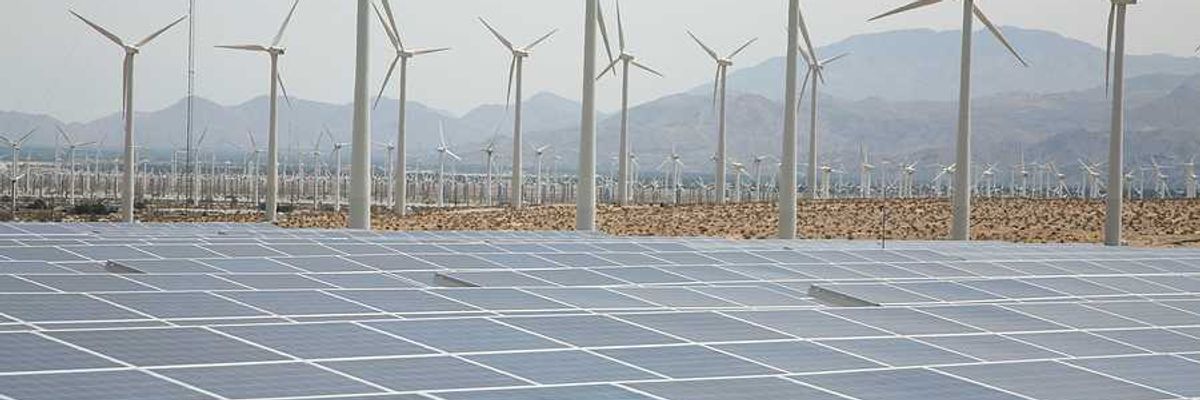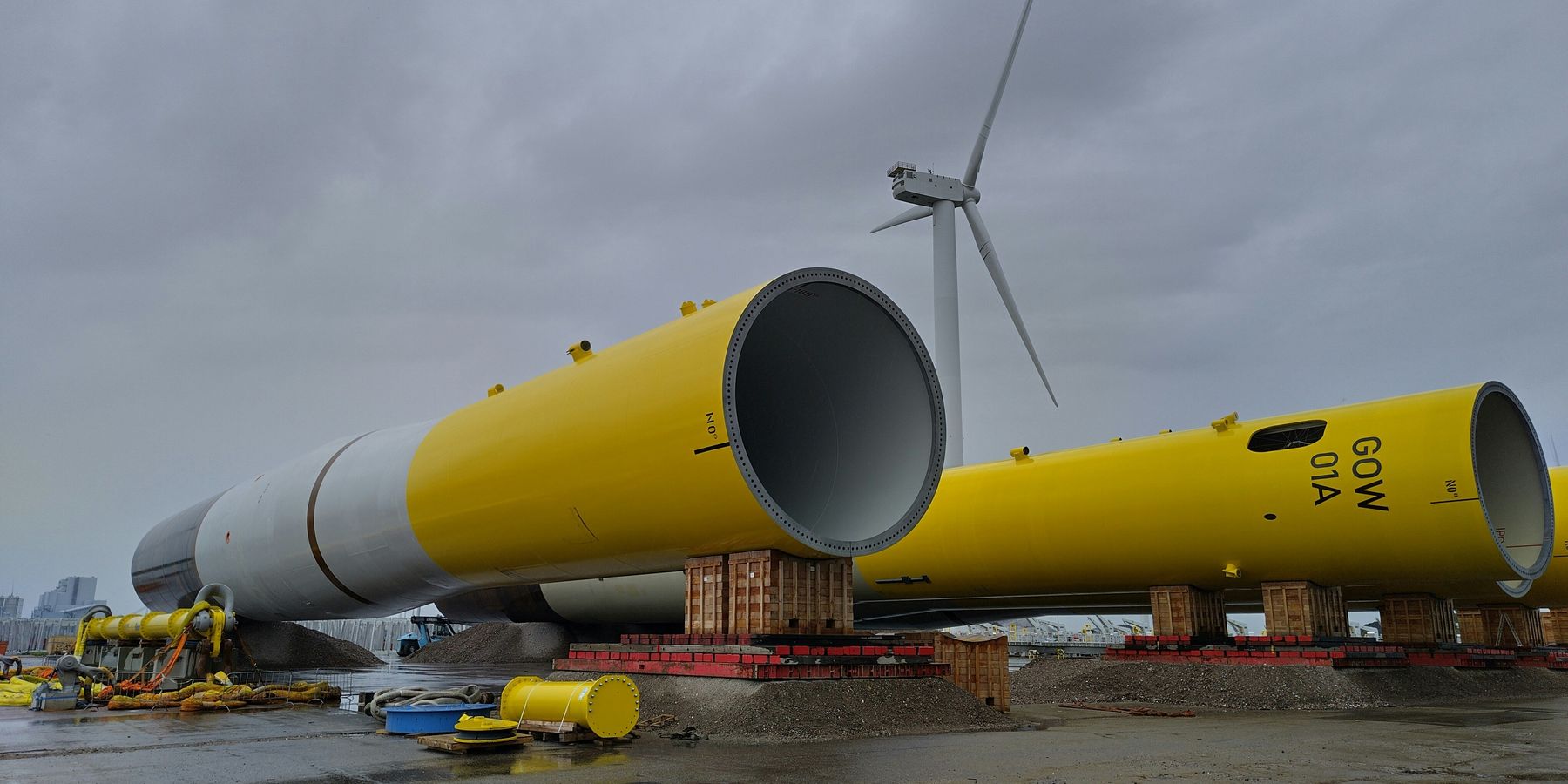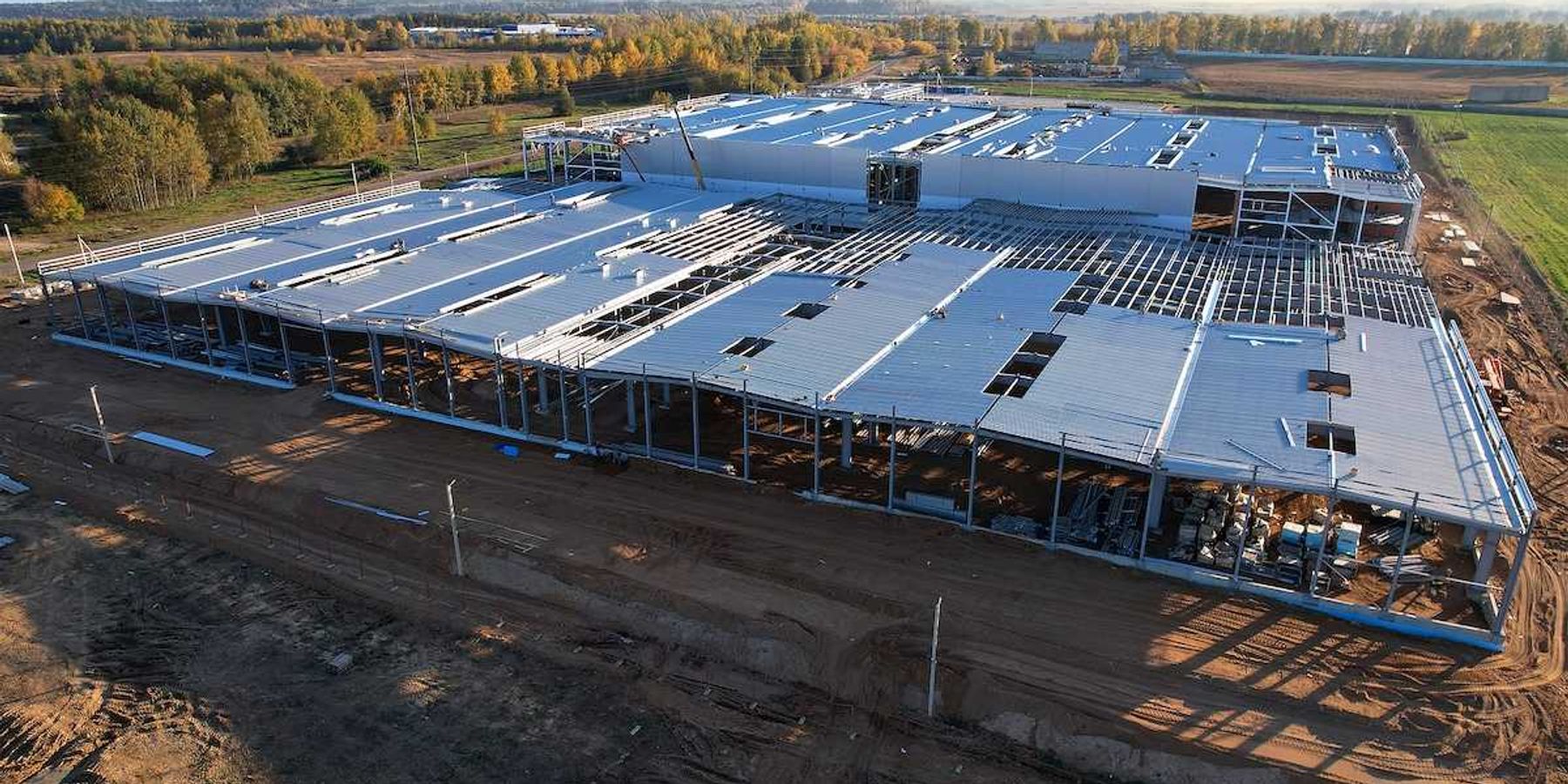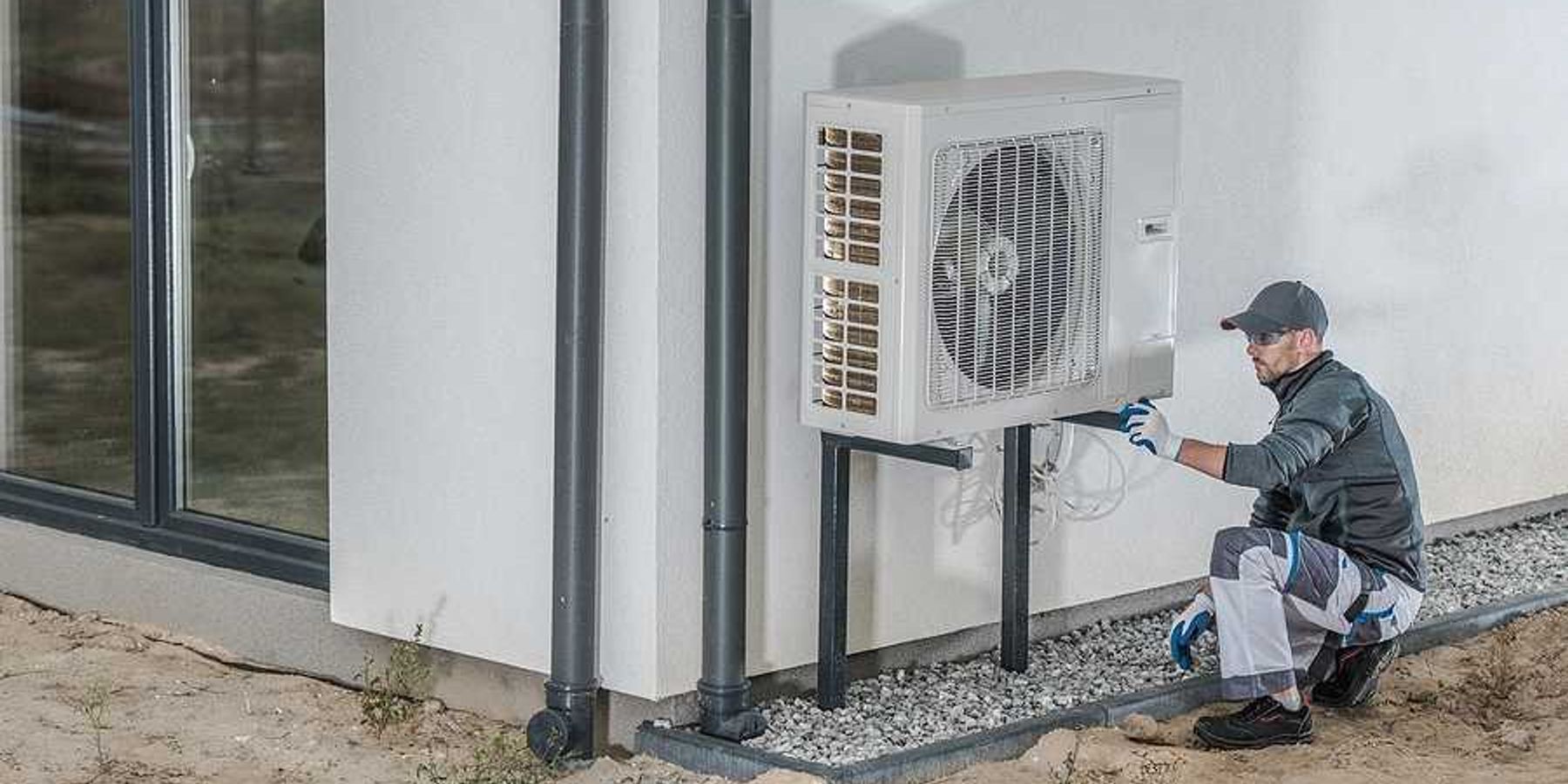sustainable transportation
London's low-emission zone got kids out of cars and onto their feet
A year after London's clean air zone was enforced, 40% of children began walking or biking to school instead of being driven, according to new research.
In short:
- A study found that 40% of kids in London's ultra-low emissions zone switched from car rides to walking or biking within a year of the policy's start.
- In contrast, only 20% of children in the control group city, Luton, made the same switch, with an equal number starting to drive.
- Researchers say this shift could combat childhood obesity and improve both mental and physical health.
Key quote:
"Physical activity in general is vital for preventing obesity... and has benefits for children’s physical development and mental health.”
— Christina Xiao, epidemiologist at Cambridge University
Why this matters:
Research shows that penalizing driving—rather than just building bike lanes or walking paths—is often more effective at getting people out of their cars. And whether it's through incentives or penalties, the takeaway is clear: what’s good for the planet is often what’s best for the kids too. Read more: Another road is possible.
E-bikes are here to stay, but not everyone’s thrilled about it
E-bikes are rolling into national parks, but their welcome is far from unanimous as the National Park Service allows each park to decide their fate.
In short:
- The National Park Service has decided to let individual park superintendents choose whether to allow e-bikes, leading to varied rules across the country.
- Environmentalists fear e-bikes could disrupt wildlife and quiet backcountry areas, while advocates argue they make parks more accessible.
- The debate over e-bikes echoes past controversies around mountain bikes, with both sides anticipating more battles as e-bike popularity grows.
Key quote:
“What we’re concerned about is safety and conflicts and changing the backcountry.”
— Kristen Brengel, senior vice president of government affairs for the National Parks Conservation Association
Why this matters:
E-bikes offer a lower-impact way to explore our parks, potentially reducing the number of car trips within these protected areas. However, e-bikes may revolutionize park access but could also pose risks to sensitive environments and safety, making this a key issue in balancing conservation with accessibility. Read more: Another road is possible.
Paris repurposing landmarks in quest for green Olympics
The Paris Olympics promises minimal new construction, using the city's iconic landmarks to create sustainable and visually stunning venues for the Games.
In short:
- Paris uses temporary structures and existing landmarks, like the Eiffel Tower and Palace of Versailles, to host Olympic events.
- Significant green upgrades include 250 miles of new bike lanes, metro extensions, and 300,000 new trees.
- The renovated Olympic Village and venues feature eco-friendly designs, although some projects have faced criticism.
Key quote:
“We have transformed public spaces, public transport, the river – without the Games, it could have taken a decade or two more.”
— Emmanuel Grégoire, former Paris deputy mayor for urban planning
Why this matters:
Ultimately, the success of Paris 2024 will be judged not only by the medals won and records broken but also by its ability to pioneer a new era of environmentally responsible global events. Paris’s ability to balance grandeur with green principles could set a new benchmark for future Olympics and other international gatherings. Read more: Life after carbon: The next global transformation of cities.
Exploring the 15-minute city concept for sustainable urban living
The 15-minute city concept promotes healthier living through reduced car dependence and increased local engagement.
In short:
- Carlos Moreno advocates for cities where daily necessities are reachable within 15 minutes on foot or by bike, enhancing quality of life and reducing car reliance.
- Implementation of this concept in Paris has cut down traffic and pollution substantially, showcasing its effectiveness.
- The model faces criticism regarding potential increases in social inequities, underscoring the need for inclusive planning.
Key quote:
"It’s an invitation to reinvent our lifestyles and urban practices to build a better future, where sustainability, equity, and well-being are at the heart of our concerns."
— Carlos Moreno, scientist and mathematician
Why this matters:
The 15-minute city concept can transform urban living, making healthier lifestyles more accessible and reducing environmental impact. Read more: The next global transformation of cities.
Tesla scales back on building electric vehicle charging stations
Tesla, led by Elon Musk, has decided to reduce its focus on expanding the electric vehicle charging network in the United States, leaving other companies to step up and meet the growing demand for public chargers.
In short:
- Tesla laid off 500 employees responsible for installing charging stations and scaled back on new station investments, creating uncertainty about future charging infrastructure.
- This shift places the burden on other companies, sparking doubts about their ability to keep up with the rising demand for electric vehicle chargers.
- Despite the setbacks, government subsidies and private investments are fueling an increase in the number of fast chargers nationwide.
Key quote:
“If Tesla is no longer bidding on these things, the agencies handing them out will go to other operators. There are a lot of different participants.”
— Badar Khan, the chief executive of EVgo
Why this matters:
Reliable charging infrastructure is key to the widespread adoption of electric vehicles, directly impacting the transition to cleaner transportation and achieving emission reduction targets. Read more: The role of electric vehicles in the push for environmental justice.









